Powerful Truth: Microwaves Preserve Food Nutrients
Do Microwaves Kill Nutrients? Debunking the Myths
Microwaves are fast, convenient, and found in almost every kitchen. But despite their popularity, many people still wonder: do microwaves kill nutrients in food? The idea that microwaving somehow ruins your meal’s nutritional value has stuck around for years. But is it actually true?
In this article, we’ll explore how microwaves work, how cooking affects nutrients, and whether using a microwave really destroys the healthy goodness in your food. Spoiler alert: microwaving is not the villain it’s made out to be. In fact, it might just be one of the best ways to preserve nutrients!
🧪 What Happens to Nutrients When You Cook?
Before we focus on microwaves, let’s understand what happens to food when it’s cooked—by any method.
Food contains a mix of:
-
Vitamins (e.g. vitamin C, B vitamins)
-
Minerals (e.g. calcium, iron)
-
Proteins and fats
-
Antioxidants (like lycopene and beta-carotene)
These nutrients react differently to heat, water, and air:
-
Vitamin C is very sensitive and breaks down easily with heat.
-
B vitamins are water-soluble, which means they can be lost in boiling water.
-
Minerals are more stable and usually stay in the food, no matter how it’s cooked.
So yes, some nutrient loss happens when you cook food—but this happens whether you boil, steam, bake, fry, or microwave it. The question is: which method causes the least loss?
⚙️ How Do Microwaves Work?
Microwave ovens cook food using microwaves, a type of electromagnetic energy. These waves cause water molecules in the food to vibrate, creating heat. That heat then cooks the food.
Unlike frying or baking, microwaves cook food:
-
From the inside out
-
Without needing added oil
-
With little or no water
-
Very quickly
These features make microwaving less likely to destroy heat-sensitive nutrients. In fact, cooking quickly and using less water are two of the best ways to preserve nutrients.
🥦 Do Microwaves Kill Nutrients?
So now to the big question: Do microwaves kill nutrients?
The short answer: No more than any other cooking method. And in some cases, they preserve nutrients better than boiling or frying.
Many of the fears around microwaves come from misunderstandings or old myths. Let’s clear them up.
🔬 What the Science Says
Several studies have tested how different cooking methods affect the nutrient levels in food. Here’s what the research shows:
-
A 2009 study in the Journal of Food Science found that microwaving vegetables like broccoli and spinach preserved more antioxidants than boiling.
-
Harvard Health reports that microwaving is one of the best methods for retaining nutrients because it uses less heat and less water.
-
The World Health Organization (WHO) confirms that microwaving food is safe and doesn’t reduce nutrients in any unusual way.
So, despite the rumors, science shows that microwaving does not “kill” nutrients.
🧠 Nutrients Affected by Cooking—Microwaves vs. Others
Let’s take a closer look at how specific nutrients are affected by microwaving compared to other methods:
🥗 Vitamin C
-
Heat and water can destroy it.
-
Boiling causes major loss (the vitamin leaks into water).
-
Microwaving preserves more because it uses little to no water and cooks quickly.
🥬 B Vitamins
-
These are water-soluble, so boiling makes them leak out.
-
Steaming or microwaving helps retain more of these vitamins.
🍅 Antioxidants (like lycopene in tomatoes)
-
Cooking can actually increase their availability.
-
Microwaving is a gentle way to release antioxidants without overcooking.
🍗 Protein and Minerals
-
Protein doesn’t get destroyed by microwaves.
-
Minerals are heat-stable, so they stay in the food no matter how it’s cooked.
🔄 Comparing Cooking Methods
Here’s how microwaving stacks up against other cooking techniques:
| Method | Nutrient Loss | Notes |
|---|---|---|
| Boiling | High | Vitamins leak into water |
| Frying | Medium-High | High heat breaks down nutrients and adds fat |
| Roasting | Medium | Long cooking time can degrade sensitive vitamins |
| Steaming | Low | Good at preserving nutrients |
| Microwaving | Very Low | Quick, low-water method keeps nutrients intact |
So when it comes to keeping your food healthy, microwaving is one of the best options.
🔥 What About Microwave Radiation?
The word “radiation” often scares people. But the type of radiation used in microwave ovens is non-ionizing, which means it doesn’t change the chemical structure of your food or make it radioactive.
Microwave radiation:
-
Is the same type used in Wi-Fi and mobile phones
-
Only causes molecules to move (which produces heat)
-
Does not stay in the food after cooking
As long as your microwave is functioning properly and you use microwave-safe containers, it’s completely safe.
✅ How to Microwave the Right Way
To get the most out of microwaving and keep your meals as nutritious as possible, follow these simple tips:
1. Use Microwave-Safe Containers
Avoid plastics that aren’t labeled microwave-safe. Use glass or ceramic containers to prevent chemicals from leaching into your food.
2. Add Minimal Water
The less water you use, the better. A splash is enough for steaming vegetables in the microwave.
3. Cover Your Food
Use a microwave-safe lid or plate to trap steam and cook food more evenly.
4. Avoid Overcooking
The shorter the cooking time, the fewer nutrients are lost. Stop the microwave and check your food halfway through if needed.
5. Cut Food Evenly
Smaller, even-sized pieces cook more evenly and reduce the risk of overheating some parts.
🧾 Final Thoughts: Are Microwaves Good or Bad?
Let’s recap:
-
Do microwaves kill nutrients? Not significantly.
-
Are microwaves safe? Yes, they use non-ionizing radiation and don’t leave harmful residues.
-
Are they healthy? Yes, especially because they require little to no added fat, cook food quickly, and preserve nutrients.
So next time someone tells you to avoid microwaving because it “kills nutrients,” you can confidently say that it’s actually one of the healthiest ways to cook.
Fast, convenient, and nutrient-friendly? That’s a win in any kitchen. For more insights on nutrition, mindful eating, and overall well-being, visit venzec.icu and explore resources designed to help you live a healthier life.

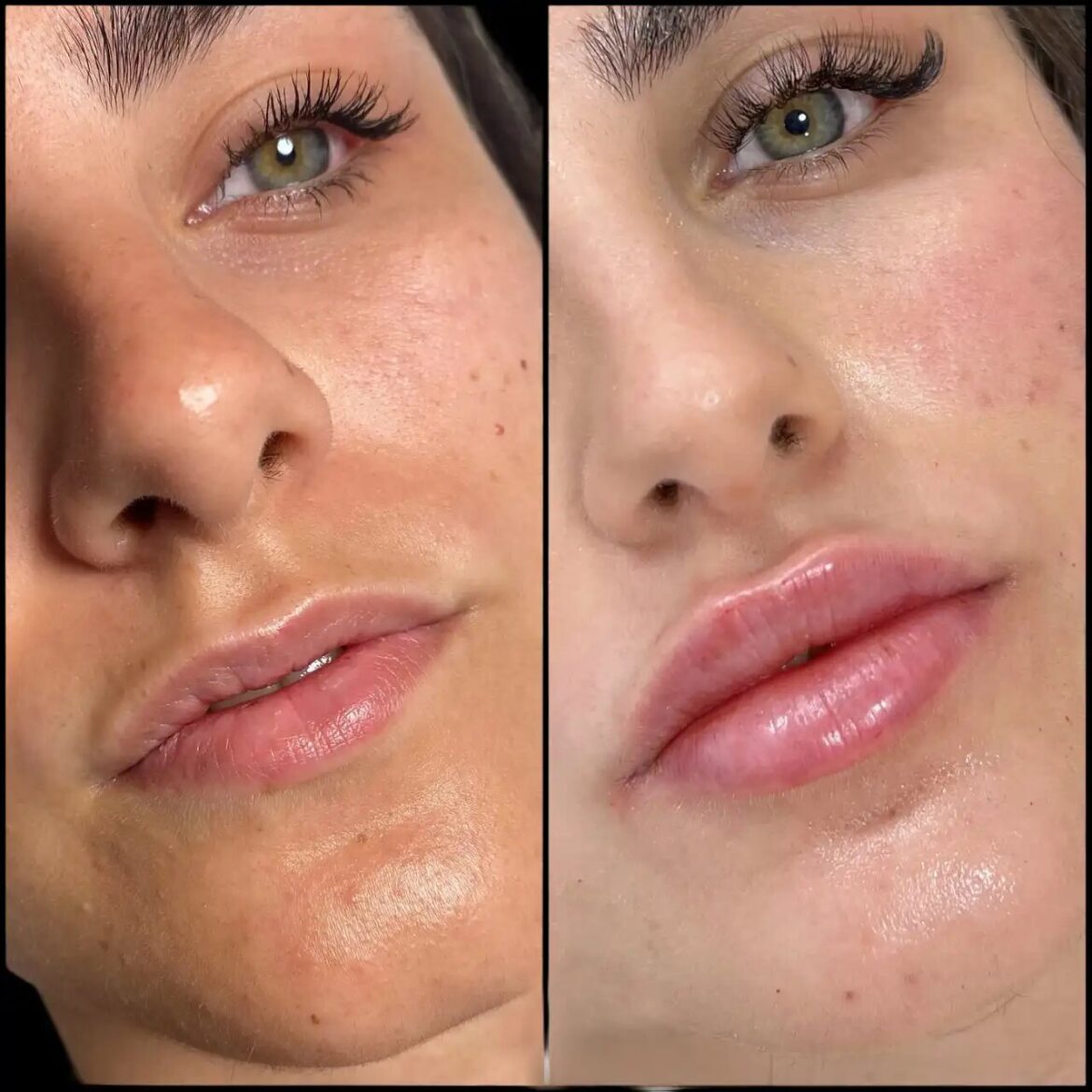
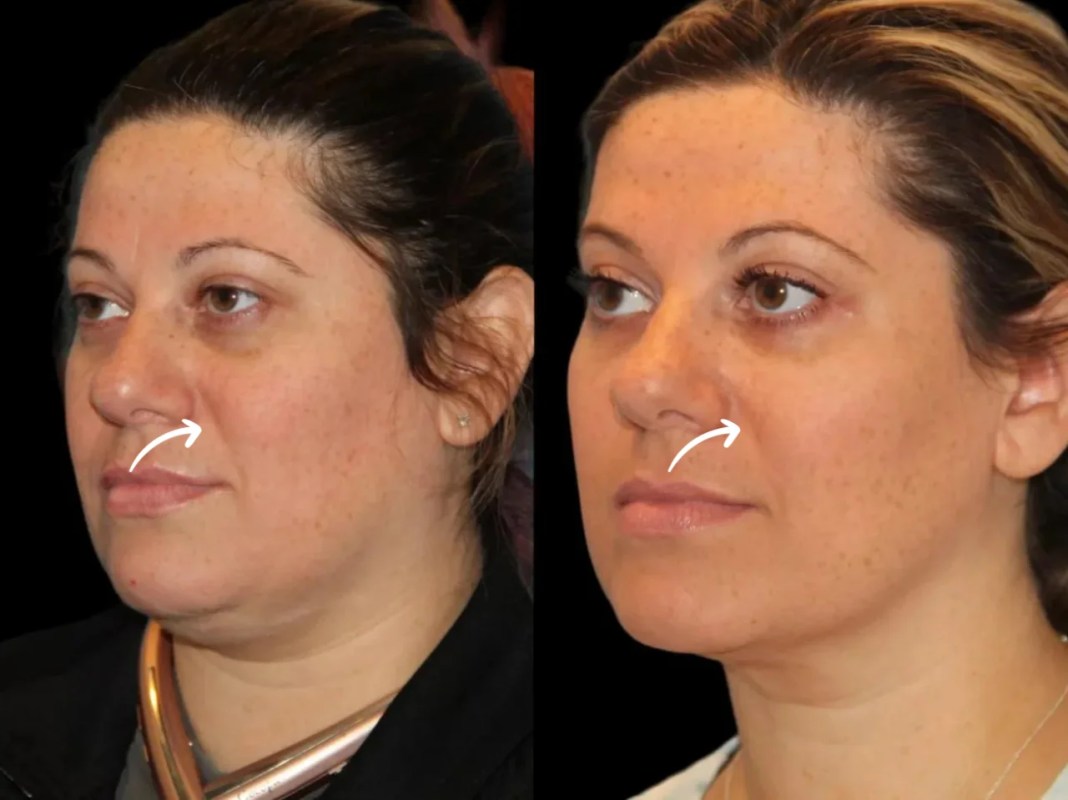


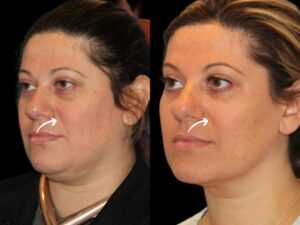

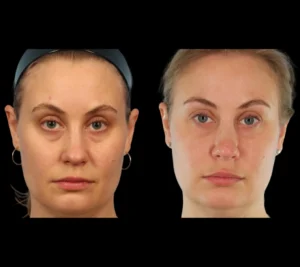
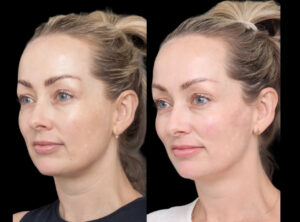



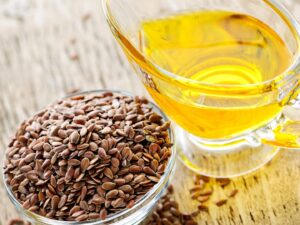
Post Comment